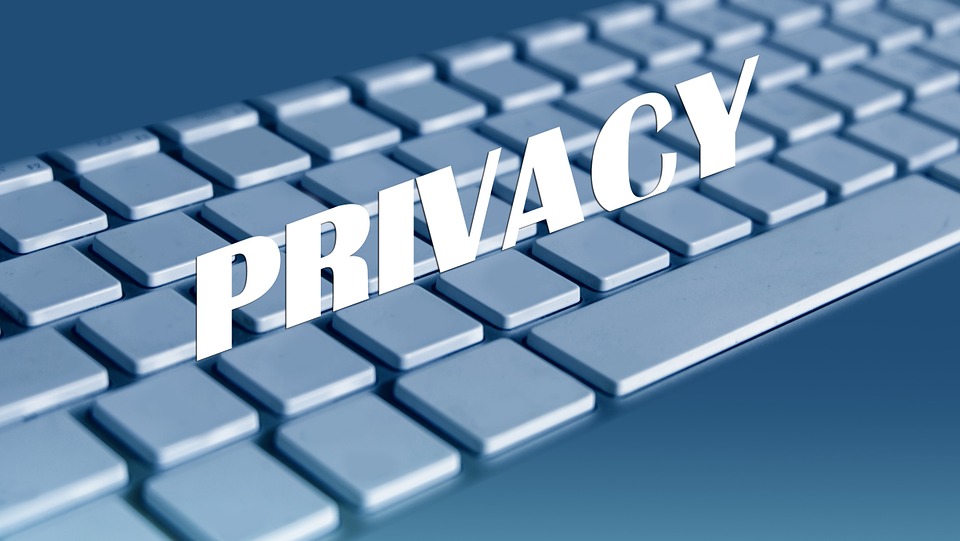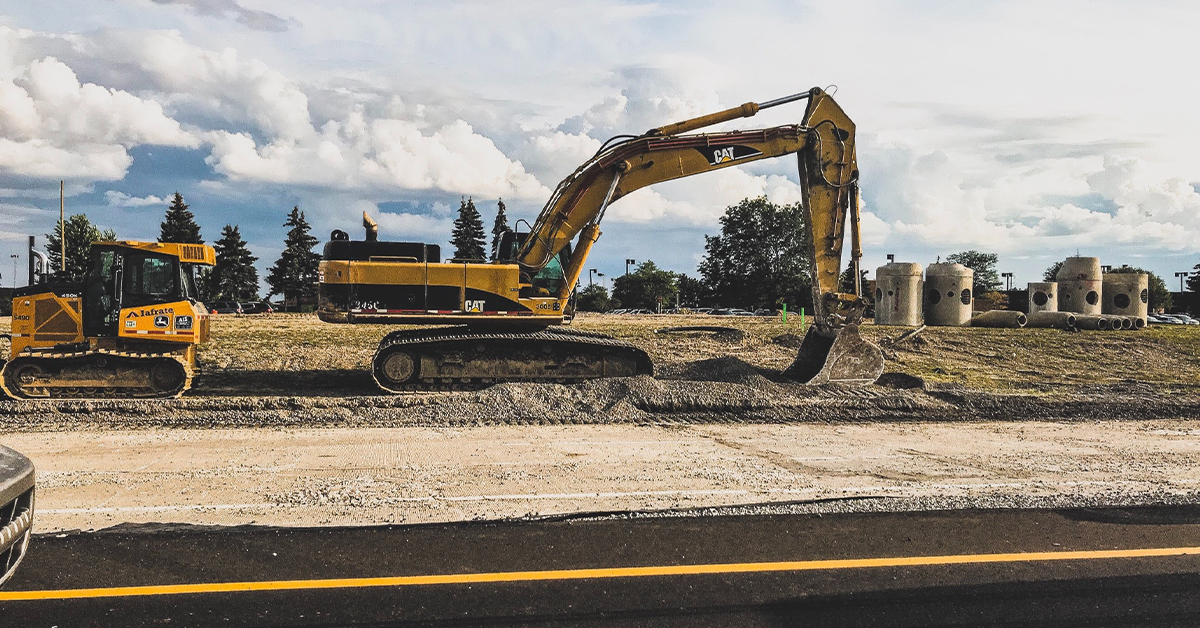Employees are considered to be a precious resource and must be treated well to secure the company’s welfare. With this, Public Spectrum asks Hannah Ellis to shed some light on workplace productivity and how to deal with disputes and grievances after the pandemic.
Striving to achieve and develop certain qualities when it comes to employment law, Hannah believes that the management of employee relationships, identification of workplace issues before they even arise and guaranteeing compliance is important for a company to succeed.
With credible experience and qualifications both in employment and human resource law, she provides support for businesses facing legal and commercial pressures.
How can the relationship of the employees affect the entire workplace? Can conflict influence productivity?
Conflict definitely influences productivity. People who are busy managing inter-personal conflict have less time and headspace to consider team-driven solutions and achieve outcomes. Not only this, but the stress associated with interpersonal conflict can undoubtedly negatively impact work product and decision-making capabilities.
Unfortunately, interpersonal conflict in the workplace doesn’t just affect the productivity of those involved but also those around them and also impacts more broadly at a cultural level.
For example, conflict in certain parts of the workplace can often impact levels of absenteeism across the board (particularly where ongoing conflict is seen as a failure of management to act on cultural issues affecting an organisation).
What could be the cause of workplace disputes and grievances pre-COVID and post COVID scenarios?
The cause of workplace disputes and grievances will be business-specific.
However, we are expecting to see an increase in workplace disputes arising from structural changes (e.g. changes to teams resulting from realignment of roles), WHS issues (e.g. safe workspaces at home and safety issues arising from managing on-site rosters in a “COVID-19 safe” way) and micro-management/poor leadership (e.g. bullying claims arising from different styles of management and remote work).
Unfortunately, we have observed and heard anecdotally about an increase in mental health concerns as a result of the pandemic. This means employers will also need to be particularly cautious about the way in which they manage disputes and grievances in the workplace.
How will the new normal affect workplace flexibility and productivity?
Workplace flexibility will take on a new meaning. Working from home (for those who can, particularly in the office context) is the new norm. I think we will see a rise in all forms of flexibility as COVID-19 has forced many to re-evaluate what they want in life and from their work. For example, our clients are seeing an increase in requests for compressed workweeks, job shares and varied working hours.
For those who are working from home, there are clearly productivity gains from the lack of time spent commuting and settling into the office environment each day. However, whether or not we are more productive in the current “working from home” the world will depend on a number of factors such as the type of role, the composition of the team, whether or not the manager has implemented clear objectives/outcomes and the systems in place.
For some, working from home gives them the time and space for deep work, but for others, the lack of organic collaboration and conversation that they are used to in the office has slowed down their work rhythms and negatively impacted team synergies.
Having the right systems in place to measure productivity and see what is working and what is not (on both the employer and employee side) will be paramount for the success of remote work.
In the new world of work, how will you maintain harmony, fairness and camaraderie at work?
In my view, communication is key to maintaining harmony in the workplace. This is a time of great uncertainty for many and employers and leaders must do their best to listen to their people and help manage any job-related concerns by communicating proactively and empathetically.
Fairness breeds trust, which in turn, fosters employee engagement. The best way to ensure fairness is to ensure your managers are well-trained and you have policies in place setting out the expected standards of behaviour. In our experience, those managers who struggle to set objectives for their teams and don’t ensure consistency in the way work is distributed, opportunities are shared and feedback is given, are the ones who are the subject of complaints and end up with disengaged teams.
There is no doubt that culture and camaraderie will be affected by the rise of more geographically dispersed teams. This means employers have to be more creative and engage with the tech that is available to assist teams to stay connected and build camaraderie virtually.
Public Spectrum is the first knowledge-sharing platform in Australia to embrace the entire public sector. This website is a platform where you can connect, collaborate, empower, inspire, and upskill with public sector professionals.






























































